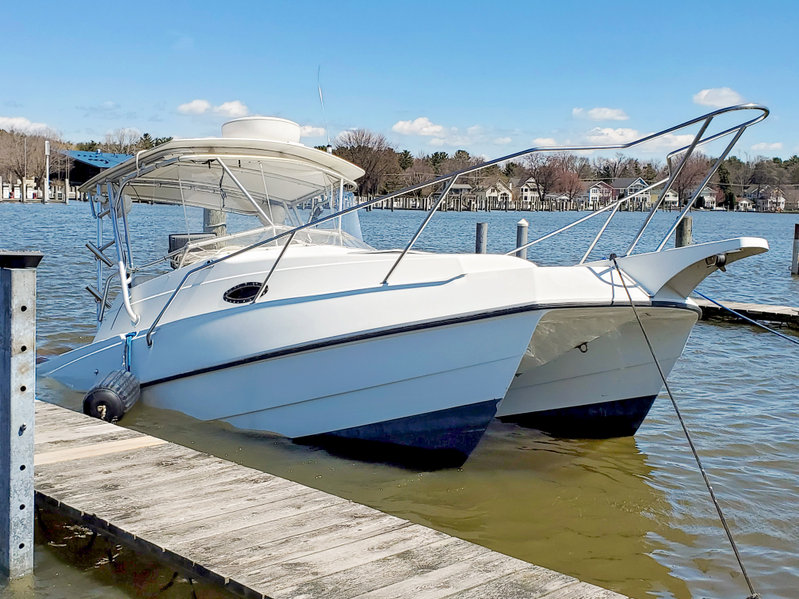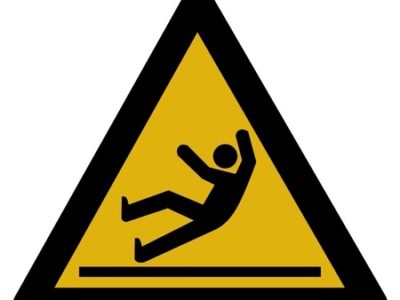

Prevent a Fall Boating Accident Fatality with Safety Tips for Fall Boaters
The 2020 recreational boating accident safety statistics report revealed a 25 percent increase in boating fatalities nationwide over 2019. There are several reasons for the increase in fatal boating accidents that we reviewed in this blog post. For many in the Pacific Northwest, boating season is over now that we have hit fall temperatures and less daylight hours. For those who are still heading out on their boats, this blog post is for you.
According to a report from the U.S. Coast Guard, fall boating accidents are much more likely to be fatal than crashes that occur during the summer months. The reason for this is because of the differences in weather and water temperature. Fall boaters are potentially boating in much colder water and are more likely to get caught in weather hazards.
Prevent a Fall Boating Accident Fatality with Safety Tips for Fall Boaters
Be extra careful to check weather forecasts and prepare for changing weather
Fall weather can be especially unpredictable, going from cool foggy mornings (not great for boating) to dark clouds and rain before the sun makes an appearance in the afternoon. In addition, there are less daylight hours than the spring and summer, which means a pleasant midday temperature can turn extremely cold quickly when the sun sets. Even when the forecast looks good, it is important to prepare for the potential of changing weather when you boat in the fall. Assume that you may be exposed to the cold, and possibly windy and wet conditions at some point on your day out on the water. Bring clothing, gloves, and shoes that can protect you from the elements and stay closer to shore just in case you need to turn back quickly.
Always wear your life jacket
Yes, you (and anyone on your boat) should be wearing a life jacket while boating in the summer to prevent a drowning accident but it is even more important in the fall. If you fall into the water now, the cold temperatures can put your body into shock and drain you of your energy very quickly. A life jacket is by far your best chance of survival should you fall overboard.
Watch out for symptoms of hypothermia
Hypothermia is when your body reaches a subnormal temperature, caused by exposure to cold, sometimes wet weather. Before heading out on a boat on a cold fall day, read over a list of common signs and symptoms of hypothermia so you know what to look out for:
- Intense shivering or trembling
- Weakened pulse
- Shallow breathing
- Sudden lack of coordination
- Drowsiness or confusion
- Mumbling and slurring words
Always tell someone about your trip before heading out
It is even more important to tell a trusted friend or family member about your boating plan before heading out in the fall because there are fewer boaters at this time of year. Explain the areas that you plan to boat in and provide an approximate time that you plan to return. Tell them to expect a call or text from you to confirm that you have arrived home safely. This way, if your friend or family member doesn’t hear from you within the time frame that they were expecting you and they cannot reach you for an update, they can call for help and a search and rescue can begin.
Seek the help of a boat accident attorney
If you or a loved one was injured because of the negligence of another on the water, contact a personal injury lawyer to discuss your legal rights. Let an experienced boating accident attorney fight for the full compensation that you deserve. It is not uncommon to receive a settlement from the insurance company that is five to ten times larger with the help of a lawyer. Call the personal injury lawyers at Tario & Associates, P.S. in Bellingham, WA today for a FREE consultation! We have been representing residents of Whatcom County, Skagit County, Island County and Snohomish County since 1979. You will pay nothing up front and no attorney fees at all unless we recover damages for you!
Sources:




